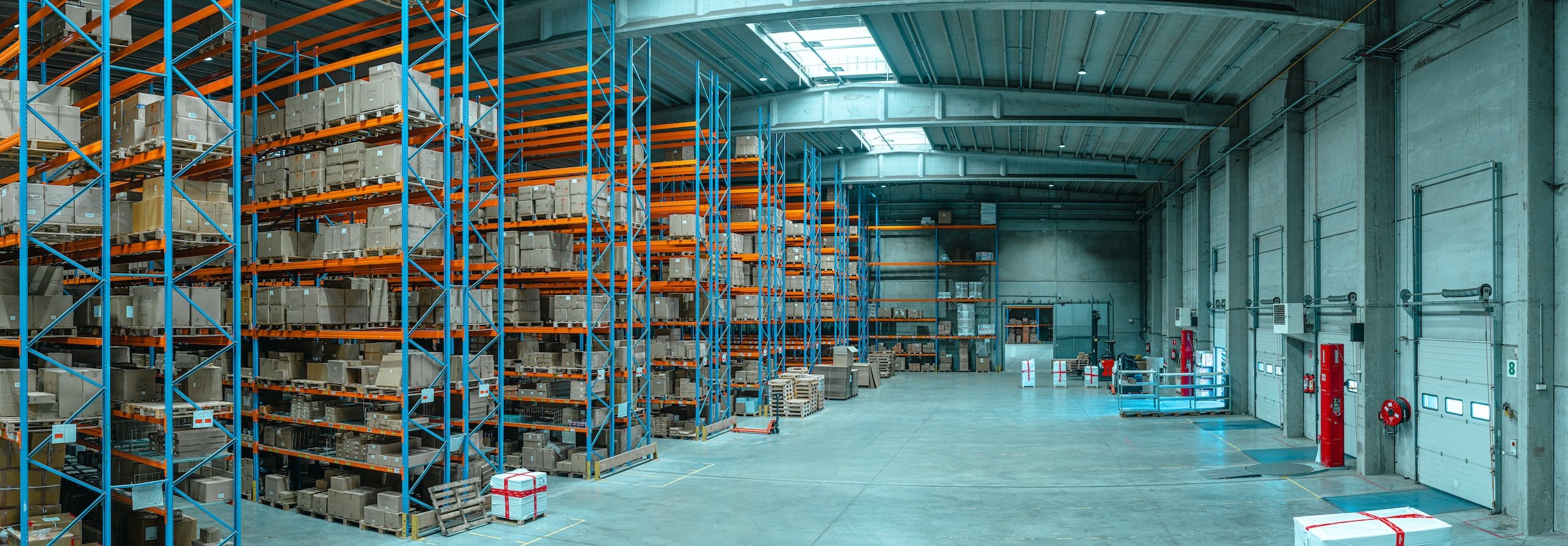
Digital Toolkits and Resources
Our Digital Toolkits are FREE downloadable resources for all NHS staff. The Toolkits provide information and guidance on how to implement sustainable change within your NHS Trust. If you are interested in collaborating with us on a NEW Toolkit for 2022 please get in touch!
The climate crisis can sometimes seem overwhelming. It can be hard to know where to start, or what will make a difference. Plastic is a great way to get people involved - everyone uses plastic a lot of the time, and it’s surprisingly easy to start reducing it.
We have partnered with DoNation to provide you with some tips on how you can look to reduce plastic waste in your everyday life.
Greener Communications Toolkit
The NHS represents 5% of the Uk’s total carbon footprint, and the supply chain represents 60% of this amount.
Newcastle upon Tyne Hospital NHS Foundation Trust has worked to tackle their sustainability issues within the supply chain directly, so we have worked with them to put together a toolkit on how you can actively engage with your supply chain.
Transport Toolkit
Biodiversity helps ecosystems function by providing nutrients, water cycling, soil formation and retention, plant pollination, and climate regulation. We can improve the environment and our health by creating green spaces.
We've teamed up with the Centre for Sustainable Healthcare and their NHS Forest network to provide you with a toolkit on how to improve your green spaces for the benefit of patients, employees, and the wider community.
Supply Chain Toolkit
Biodiversity helps ecosystems function by providing nutrients, water cycling, soil formation and retention, plant pollination, and climate regulation. We can improve the environment and our health by creating green spaces.
We've teamed up with the Centre for Sustainable Healthcare and their NHS Forest network to provide you with a toolkit on how to improve your green spaces for the benefit of patients, employees, and the wider community.
Energy Toolkit
Using renewable energy is one of the actions you can take to reduce your impact on the environment. Being more energy efficient provides benefits to people, business and the planet.
We have partnered up with My Green Lab to give you a guide on how to be more energy efficient in your lab! Click Here to Download your Free Digital Toolkit
Green Spaces Toolkit
Sustainable Nutrition is about understanding what environmental impact your meal has on the environment and understanding the agriculture process, production, packaging and transportation. By changing the types of foods we eat and how often we eat them, it is possible to ease the pressures on the global food system, while still eating a healthy and nutritionally balanced diet.
Sustainable Events Toolkit
Trade shows and event industries are considered to be one of the most unsustainable industries in the world.
This toolkit has been developed in collaboration with Imageco, one of the UK’s leading print and signage companies. One of their specialities is in creating greener events.
Plastic Action Toolkit
Any mode of transportation that has a low environmental impact is referred to as sustainable transportation.
Sustainable transportation refers to a society's ability to meet its mobility needs in an environmentally friendly way whether this is for businesses or for individuals
Nutrition Toolkit
Over the last one hundred years unprecedented changes to our landscape have resulted in a major loss, fragmentation and deterioration of our wildflower and meadow habitats, causing our bees, butterflies and hoverflies to suffer.
We have partnered up with the Yorkshire Dales Millennium Trust to provide you with their top tips on how to protect pollinators and wildlife in your green spaces
Biodiversity and Green Spaces Toolkit
A sustainable supply chain is more than going green. Having a sustainable supply chain is being aware of your company’s environmental, social and economic impact.
A shift to a circular economy has the potential to provide significant health advantages while also helping to achieve a number of Sustainable Development Goals. The advantages include both immediate and indirect, such as cost reductions in the healthcare industry and reduced environmental consequences from manufacturing and consumption.



















